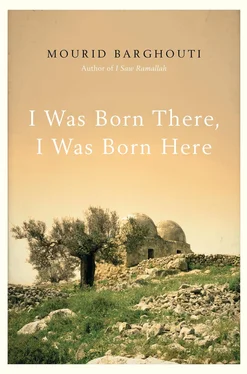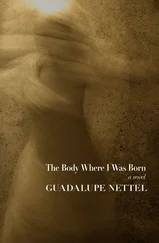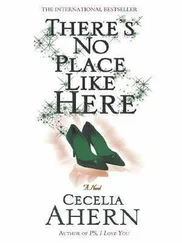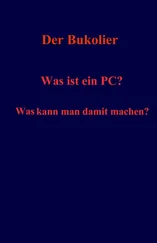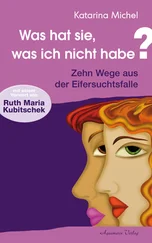Palestinian official impotence, however, isn’t our last word. Here is a people that has never ceased to be extraordinarily creative in coming up with ways to go on living. What is new is that it is now clear that the Namiqs will never liberate the land and that the Palestinians must do something to reclaim their cause, which has been highjacked by political corruption. They must repossess the moral significance of resistance, cling to its legitimacy, and rid it of the bane of constant improvisation, chaos, and ugliness. The oppressed wins only if he is essentially more beautiful than his oppressor.
How much time has been lost?
The Palestinian cause is starting over again from the beginning. Wasn’t the beginning that a land was occupied and has to be reclaimed? And that a people was expelled from its land and has to return? Is the end that we have come to today anything other than that beginning?
the Green Line:the demarcation lines set out in the 1949 Armistice Agreements between Israel and its neighbors (Egypt, Jordan, Lebanon, and Syria) after the 1948 Arab — Israeli War. The Green Line is also used to mark the line between Israel and the territories captured in the Six Day War, including the West Bank, Gaza Strip, and Golan Heights. The name alludes to the green ink used to draw these lines on the maps during the armistice talks.
Hanthala:a cartoon character (named after colocynth, a bitter-tasting plant) created by Naji al-‘Ali; a Palestinian Everyman.
kanafeh:a dessert made of vermicelli-like pastry filled with soft cheese and drenched with syrup.
khamasin:the period of approximately fifty days in spring in Egypt during which oppressively hot dust-laden winds often blow.
kufiya:a square of cloth folded and worn over or wrapped around the head by Palestinian men.
the Muqata‘a:the administrative center of the Palestine National
Authority, in Ramallah. It and its occupants, including President Yasser Arafat, were besieged by Israeli armed forces from March to May 2002.
musakhan:a Palestinian dish of chicken, bedded in onions, basted in olive oil, smothered with sumac, and oven-roasted on flat bread.
the Nakba:‘the Catastrophe,’ referring to the expulsion of the Palestinians from their homeland and the establishment in it of the State of Israel in 1948.
rababa:a folk instrument consisting of a sound box, long neck, and strings, played with a bow.
sandawitshat:sandwiches (a term taken from English and widely used).
shata‘ir:sandwiches (a term coined by the Arabic Language Academy to replace sandawitshat).
The Suspended Odes:seven poems by the greatest poets of pre-Islamic Arabia, which were engraved on plates of gold and suspended in the Kaaba at Mecca before the coming of Islam. They remain among the most highly regarded works of Arabic literature.
Mourid Barghouti was born in 1944 near Ramallah. He has published thirteen books of poetry in Arabic including a Collected Works (1997) and received the Palestine Award for Poetry in 2000. His memoir I Saw Ramallah was published in English in Cairo in 2000 and by Bloomsbury in 2004. A selection of his poetry, Midnight and Other Poems , was published in English in 2008. He lives in Cairo with his wife, the novelist and critic Radwa Ashour.
A Note on the Translator
Humphrey Davies has translated many Arabic books by a wide range of authors including Bahaa Taher, Khaled Al-Berry, Muhammad Mustagab, Yusuf al-Shirbini, Gamal al-Ghitani and Ahmed Alaydi. His translation of Elias Khoury’s Gate of the Sun was awarded the Banipal Prize, and that of Alaa Al Aswany’s The Yacoubian Building was voted Best Translation of 2007 by the Society of Authors.
